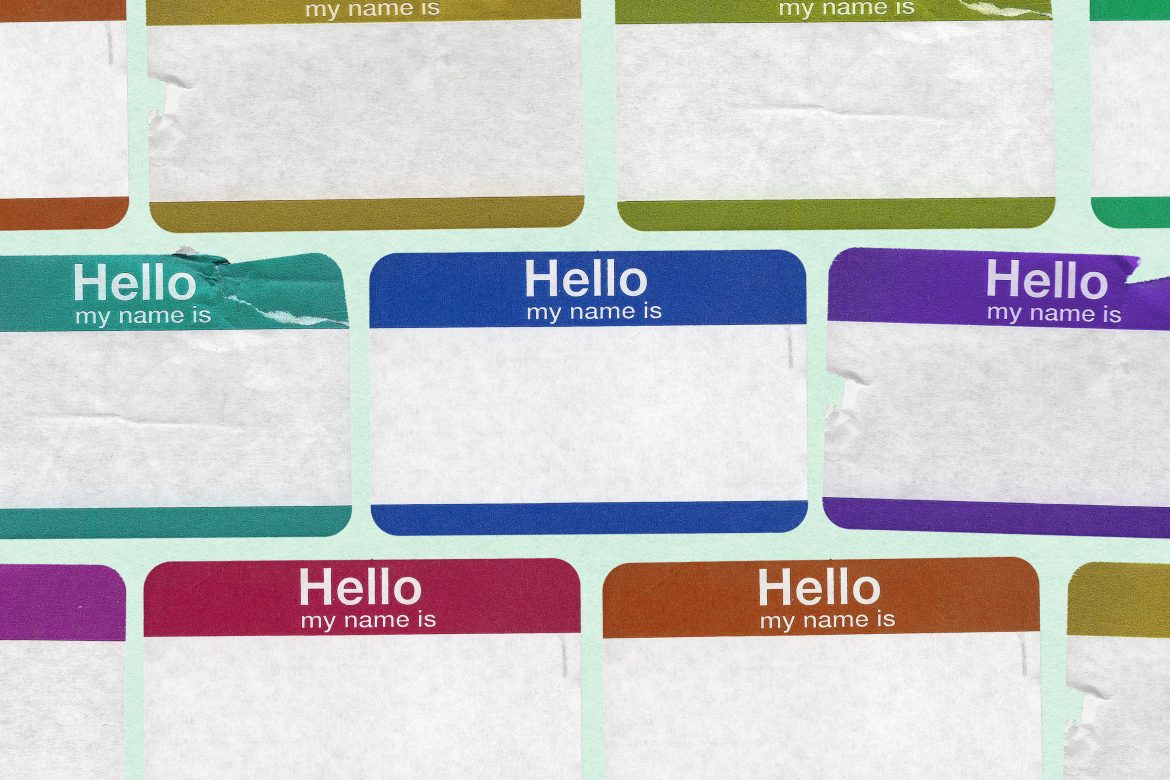By Rafael Cruvinel and Jane Montalto
New York Gov. Kathy Hochul announced on June 8 that all 64 SUNY campuses will enact a chosen name and pronoun policy in order to respect and reflect the identities of transgender, gender nonconforming and nonbinary students.
The policy allows a student’s chosen name and pronouns to appear on college diplomas, campus portals, class rosters and student email addresses. Moreover, it gives students the option to select “X,” rather than “M” or “F,” when providing their gender to their college.
The law mandates that the gender identity policy must be implemented by the end of 2022 and the chosen name policy by the start of the fall 2023 semester.
As per Stony Brook University’s Office of the Registrar, the university has had its own chosen name policy since fall 2020. However, the governor’s policy is more comprehensive because it includes a gender nonconforming option and ties all SUNY campuses around a single notion of inclusivity, rather than leaving each campus with their own policy based on their own terms.
According to a press release from Gov. Hochul’s office, these measures represent a step forward in SUNY’s mission to “create a more diverse, equitable and inclusive environment for students within the LGBTQIA+ community.”
Sam McGee, a 25-year-old nonbinary alum of Suffolk County Community College, used college as a place to explore their freedom and become more confident in their identity.
“I know for me personally, I was out as bi and kind of questioning if I was gay in high school, and then when I went to Suffolk, that was when I was like, ‘Alright, I’m just gonna go for it and tell everybody,'” McGee said. “Nobody you know from the past is going to be there, so it gives you this safe space.”
Additionally, McGee stressed how valuable it is for schools to support students in these situations.
“To know that your school is also backing you — having a safe space and the ability to totally customize your new life — I think that is going to be a really good thing for a lot of people,” they said.
Although SCCC already had a chosen name policy prior to the governor’s measure, it did not cover issues related to pronouns and gender.
“School is a setting for people to learn, grow and discover themselves,” said Maria Demauro, the community mobilization coordinator at PFY, an LGBT advocacy group on Long Island. “Everyone deserves to feel safe and supported at school, and this new policy is a great start.”
Demauro is a licensed master social worker who provides counseling and gender-affirming care services for trans and nonbinary people. She also oversees TransAction, a support space aimed at creating inclusivity for trans and nonbinary people ages 15 to 30.
“A chosen name is more than just a nickname or a preference,” Demauro said. “A chosen name is, quite literally, your name by choice. When you respect someone’s chosen name, you are respecting them as a human being. You are respecting them as an autonomous person who is the expert of their own experience.”
Demauro also emphasized the importance of acceptance as a way to combat mental health issues.
“Research consistently shows that when a trans or nonbinary person is in a space where their name and pronouns are being respected, their mental health drastically improves and their suicidality decreases,” she said. “In this way, using someone’s chosen name is suicide prevention.”
One of the studies she referred to is the 2022 National Survey on LGBTQ Youth Mental Health, which shows that rates of attempting suicide among young queer people are significally lower in accepting and inclusive communities compared to those that are more hostile.
“It can be really scary for LGBTQ+ students to feel safe or accepted in their environment, especially when they are just starting to be their true self,” said Liv Haring, a transfeminine, nonbinary and genderfluid Stony Brook graduate.
Haring said that she began her transition when she was a senior in college, so she had to come out to professors and friends who had met her before she was her true self.
“Everyone was very respectful and accepting to me as a trans student,” she said.
Unfortunately, this isn’t everyone’s reality, especially in a time when queerness is being contested on a legal basis.
“The current anti-LGBT laws being passed in conservative states are honestly terrifying and disastrous,” Haring said. “If I were to lose access to my hormones, for example, I would be devastated beyond words, probably to the point of becoming suicidal.”
Interim SUNY Chancellor Deborah Stanley spoke on this matter when addressing the new policy.
“To those students and families who are seeing an unprecedented effort to roll back LGBTQIA+ rights and opportunities in other states, we want you to know that New York State and SUNY’s 64 colleges and universities intend only to move forward,” Stanley said.
Although the implementation of the policy makes SUNY campuses a more comfortable space, there are still public institutions where this isn’t the case.
McGee, for example, won’t see these differences in their daily life since they are pursuing a bachelor’s at Brooklyn College, which is a part of the CUNY system and has a less stringent preferred name policy. However, they remain hopeful for the future.
“I’m crossing my fingers that maybe it will jumpstart and kind of become the norm for everywhere,” they said.




Comments are closed.